EDAW stories
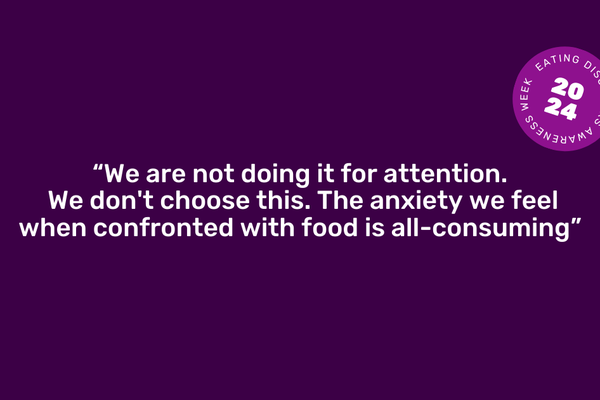
“You are more than your eating disorder” – What do people affected by ARFID wish we knew?
We asked people affected by ARFID what they would like others to know about the often misunderstood condition.
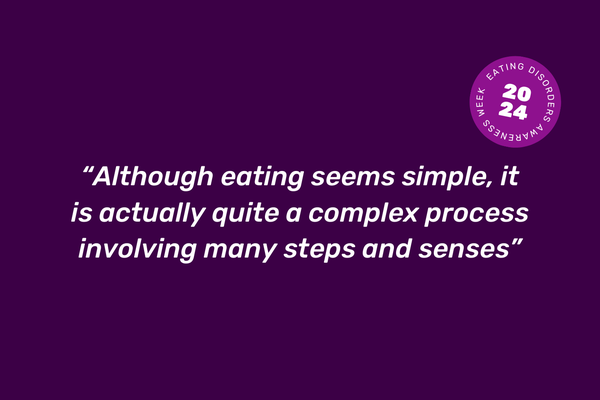
“Eating is actually quite a complex process” - dietitians Sarah Fuller and Clare Ellison on ARFID vs 'picky eating'
Advanced eating disorder dietitians Sarah Fuller and Clare Ellison discuss the difference between ARFID and 'picky eating'.
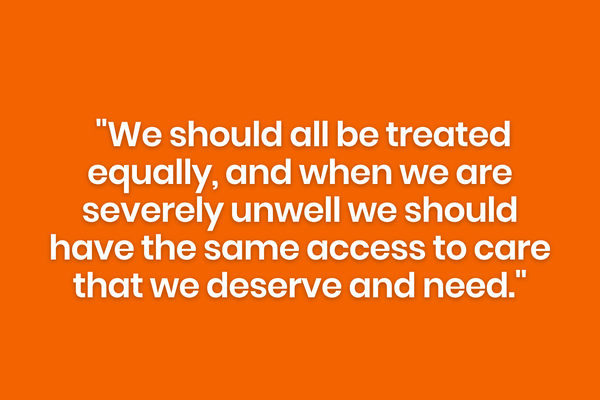
"I'm a trans, autistic, physically disabled man... my eating disorder journey has been a complicated one"
Our supporter shares his story, from struggling to find support, to getting treatment – and why more needs to be done.
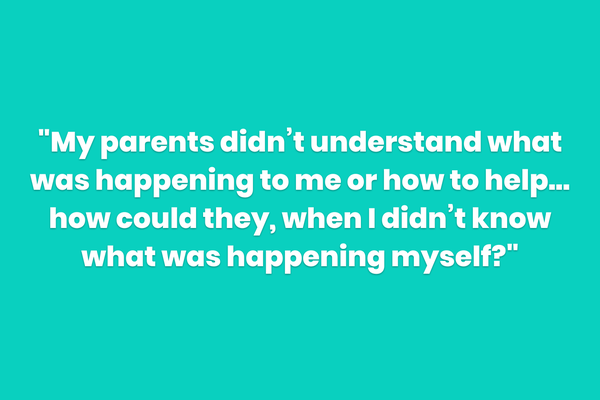
“Deep, deep down I knew things weren’t fine” - James’ story
Our supporter James shares his brave journey: from 'healthy eating' to denial, rock bottom and finally admitting he needed help.
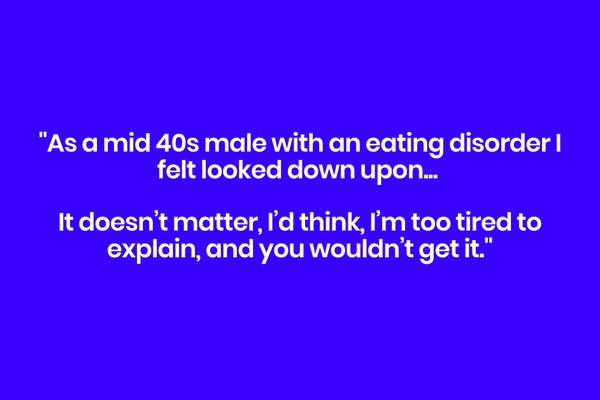
Beat supporter Andy shares his journey towards understanding his eating disorder, and the road to finding support
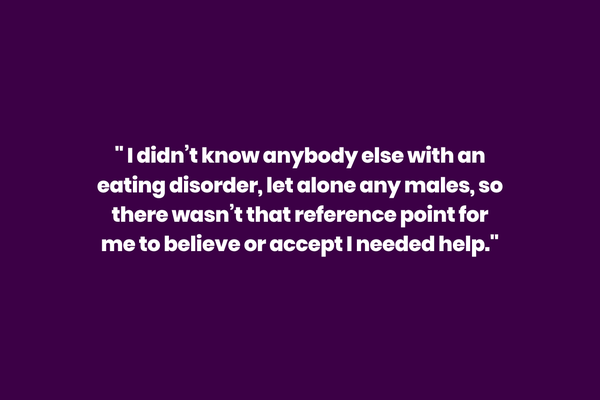
"Eating disorders don’t discriminate but neither does recovery"
As part of Eating Disorders Awareness week, Beat supporter Dan shares his experience of overcoming stigmas to reach recovery.
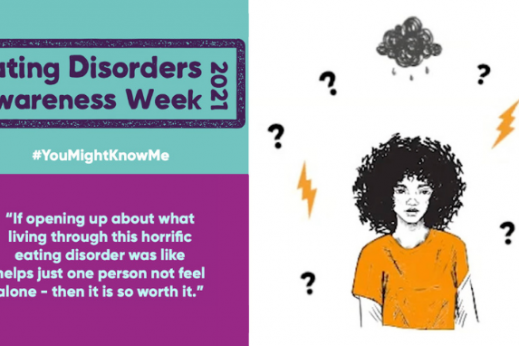
"I became an entirely different person"
Particularly with binge eating disorder, it’s so easy to get trapped in your own head and convince yourself that you are the problem and are unworthy, and this can be so, so dangerous.

On Tuesday 27th February, Edward Argar MP for Charnwood, sponsored an adjournment debate on the importance of early intervention for eating disorders.
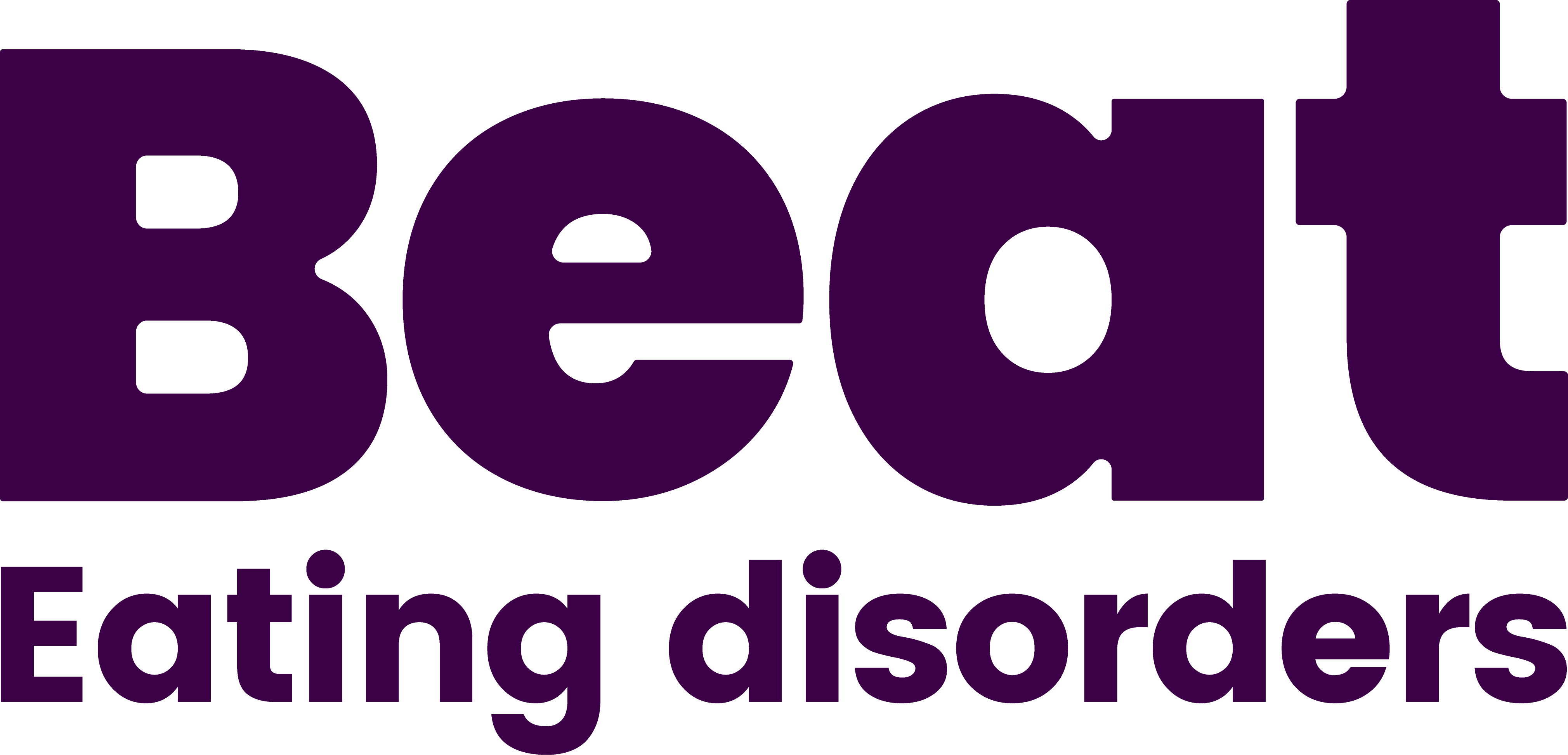
GB Hockey rock their socks in support of EDAW!
Olympic gold medalists GB women’s hockey team wore their brightest and boldest socks in support of Beat, the UK’s eating disorder charity.

We asked: how do you talk about eating disorders?
It takes almost three years, on average, between the onset of someone’s eating disorder and the point they seek help. Difficulty recognising their symptoms are those of an eating disorder and lack of understanding & awareness in wider society means it can be hard for people to get treatment.

Spotting The Signs Of Eating Disorders Is Everyone’s Business
Eating disorders do not occur in a vacuum. Nobody suddenly wakes up having ‘contracted’ anorexia, bulimia, or binge eating disorder. Although eating problems thrive on secrecy and can lead to painful isolation, they aren’t without context either.

More than one in three adults (34%) in the UK, who gave an answer, could not name any signs or symptoms of eating disorders, according to a survey conducted by YouGov.